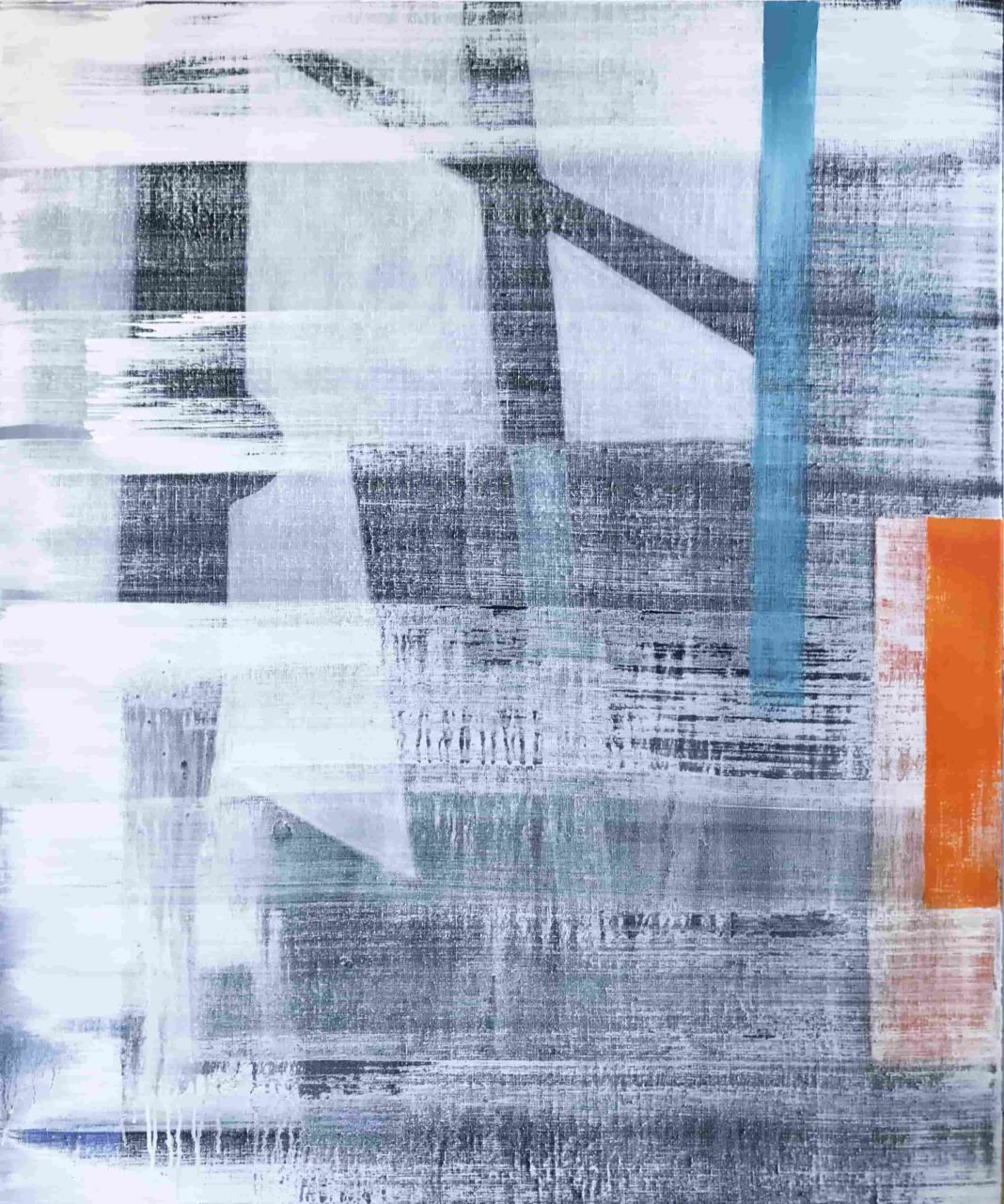Interview with Liana Zoza
Art, as its people unanimously accept, is affected first and recovers last in times of crisis, especially through a great social and economic crisis that is expected, after a global pandemic with an unknown expiration date.
In the section “The Art | Artists Diaries” written and edited by Liana Zoza, will be hosted interviews by Greek and foreign artists (artists, musicians, dancers, actors, etc.), gallery owners, curators and in general from people of the full scope of contemporary art. All the guests will answer the same questions and make their comments in this special case for the art.
-Art is in the middle of a pandemic. In what ways does art get affected by that?
-The effects of the pandemic have been dramatic as most people would agree. All our previous ways of life have been put on hold, including all those activities associated with the artistic and cultural life of a city like Brussels. In general, the art world closed down – all exhibitions, openings socializing, planning. Even major art fairs were cancelled.
Regarding my own art work, as I could not travel to my studio I set up a small work space at home. Choosing small scale projects, mostly on paper, I set to work with a selection of materials taken from the studio. As the pandemic was a health issue, I was able to concentrate very well on my ideas, for once free from all external distractions like going to cafés, meeting friends, traveling or visiting exhibitions. This period of isolation enabled me to produce lots of work.
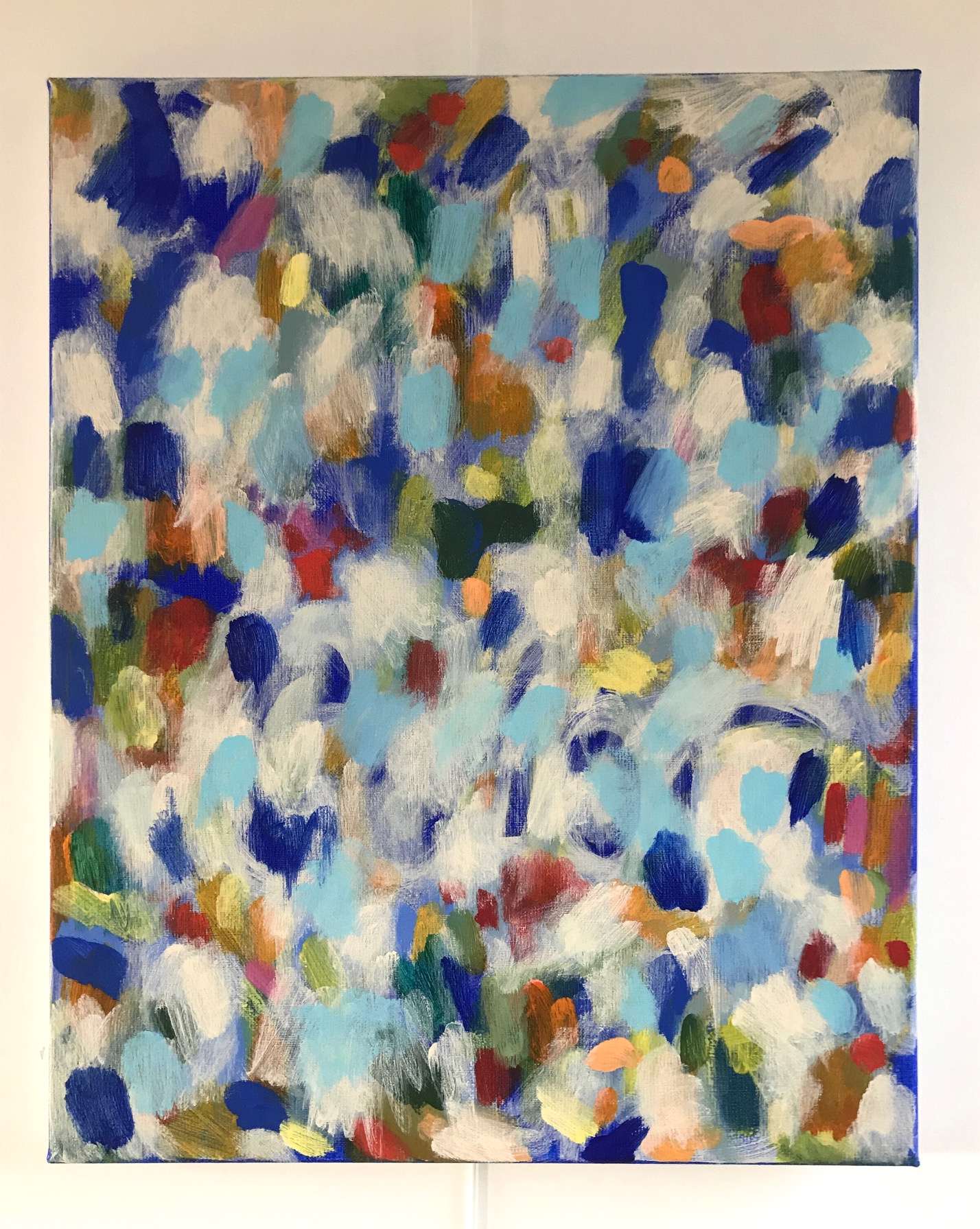
-Art | Artists | Art Spaces. What will be the next day?
–The pandemic has accelerated what was already happening with physical art spaces namely, a need to have an active online presence. By so doing they are able to reach a wider audience and the process of purchasing artworks becomes easier. I believe art galleries and gallery directors have had to respond rapidly to the changing market conditions – I have seen one Brussels gallery set up a very high quality virtual visit to their exhibition. A virtual gallery visit can certainly help to get a feeling for the exhibited work, however, many art collectors prefer to see an artwork in the flesh before committing to a purchase.
-Will the art market get affected by that? If so, in what ways?
-It is still too early to say how the art market will be affected as the pandemic is still very active and many fear a second wave in the autumn. One clear effect has been the cancellation of all international art fairs this year and doubts remain about future art fairs. A reluctance to travel is probably the dominant factor in perturbing the art market, as most major art collectors travel the world regularly in search of desired pieces. However, Art Basel’s Online Viewing Rooms, established at the start of the pandemic to present the Hong Kong show, proved incredibly popular. So much so, the website was often unable to cope with the sheer number of visitors. Collectors clearly remain motivated and the online platforms provide the opportunity to spend more time viewing work than ever before.
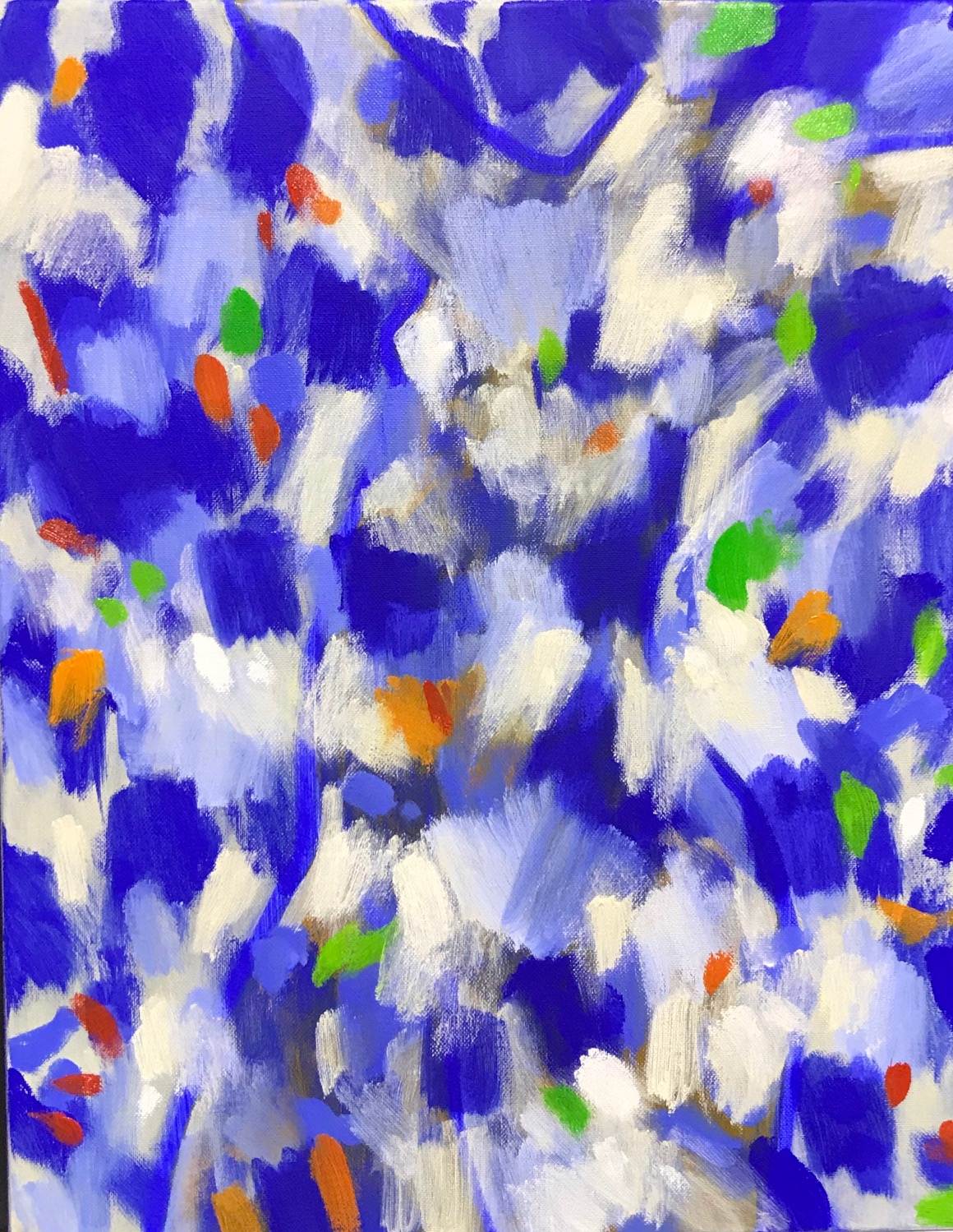
-Art | Technology. What will be the role of technology regarding the communication and purchase of art?
–It is clear that social media and the internet have become the principal platforms to see art during this pandemic, ranging from Instagram posts of new work to artist webpages to virtual gallery visits. Purchasing art has still remained possible, albeit through different means. Online auction houses have been very active in promoting and selling art. I believe that digital platforms for viewing art make art more accessible to a wider audience and this will most definitely continue after the pandemic. The coexistence of both physical spaces and online platforms would be the ideal.
-Art | Social Distancing. How is it effective for art to operate in accordance with the laws of social distancing?
–I have listened to many stories on radio and TV of ordinary people, of all ages and professions, being much more creative during the period of lock-down. I think it is wonderful that people managed to find a release in creative activity. Many professional artists from all disciplines have found this period of calm incredibly inspiring. With social distancing, direct contact with other artists has been difficult, yet fortunately video calls have allowed me to keep in contact with others when I have needed to ask their opinion on a work.
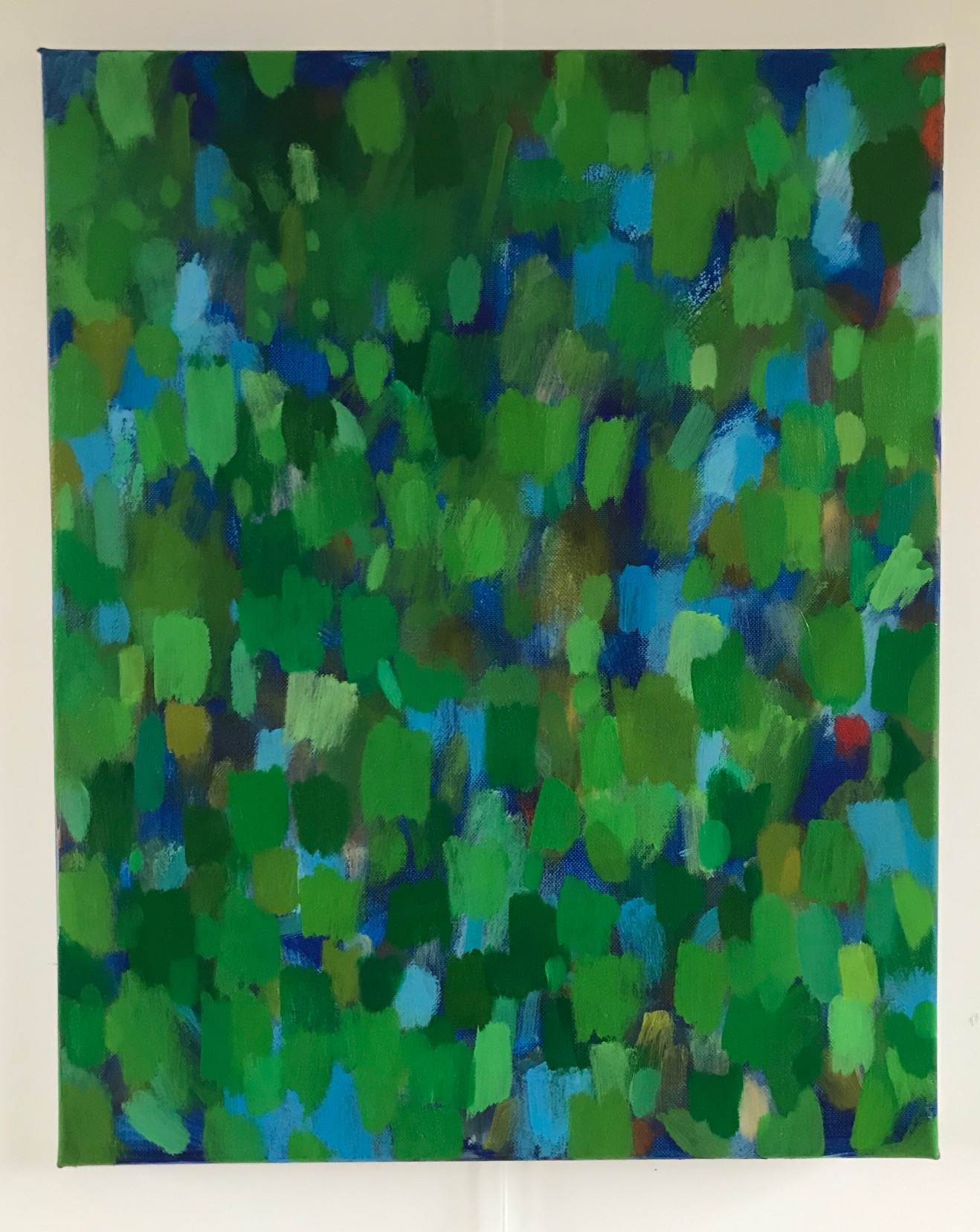
–Which famous contemporary piece of art would you choose to describe the current situation and why?
-During the darkest moments of the lock-down, I would think that ‘Fear of the Other’ was an overriding feeling. Any excursion outside to buy essential supplies was always fraught with suspicion and fear that another human being might infect you. Crossing the street to avoid one another was accepted as social etiquette. The image of a window also dominates – looking out at a world become hostile while a dangerous virus spreads. Therefore, my image of choice would be one of the window paintings from Pierre Bonnard, in particular, “The Studio with Mimosas 1939-46“. Although not a contemporary piece, it nevertheless captures how I was experiencing the outside world of nature as winter slowly turned to spring and then early summer. Incidentally, it was painted during the second world war.
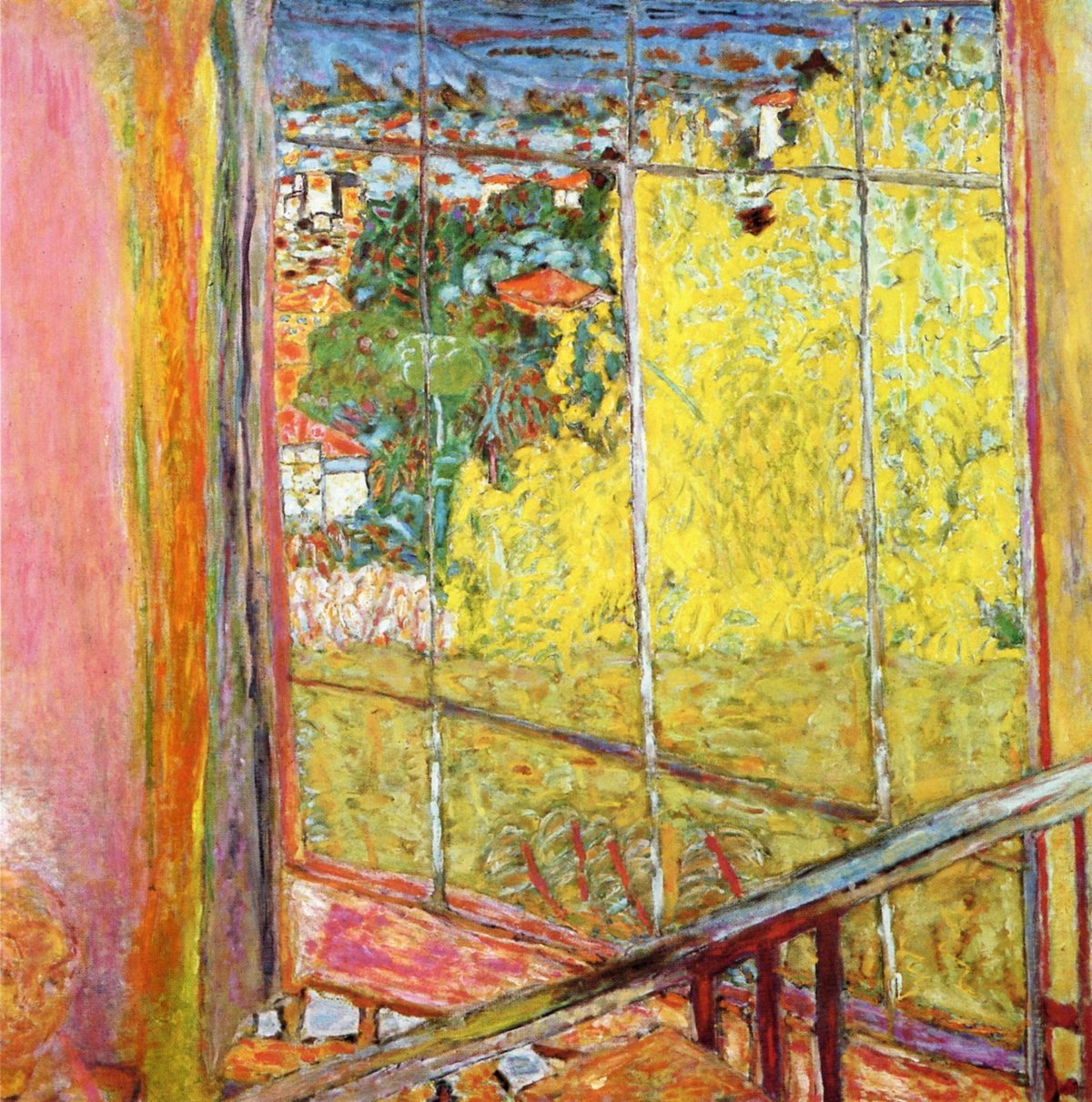
-History until now has shown that art survives even under the most crucial circumstances and provides us with pieces of big importance. Is it going to happen the same now?
-Art and artists will continue to exist and thrive. Although their daily lives may now be different, most artists still have access to their studios and the virus threat is by no means comparable to war or destruction on a massive scale. We have had to endure restrictions to travel and social contact but otherwise day to day life has carried on. Some artists may find inspiration in the unique events of the pandemic yet we will have to wait and see if any work of significance is produced. It would certainly be very nice to think so.
Who is Who

Brendan Kelly was born in Dungannon, Northern Ireland. He studied Fine Art Painting (MA), University of Ulster, Belfast and then at the Staatliche Kunstakademie, Dusseldorf, (Prof. Konrad Klapheck) and at the Hochschule der Kunste, Berlin, (Prof. K.H.Hodicke). He has presented 16 solo shows and has participated in many group exhibitions and art projects especially in Europe. His paintings can be viewed in private collections. He lives and works in Brussels.


